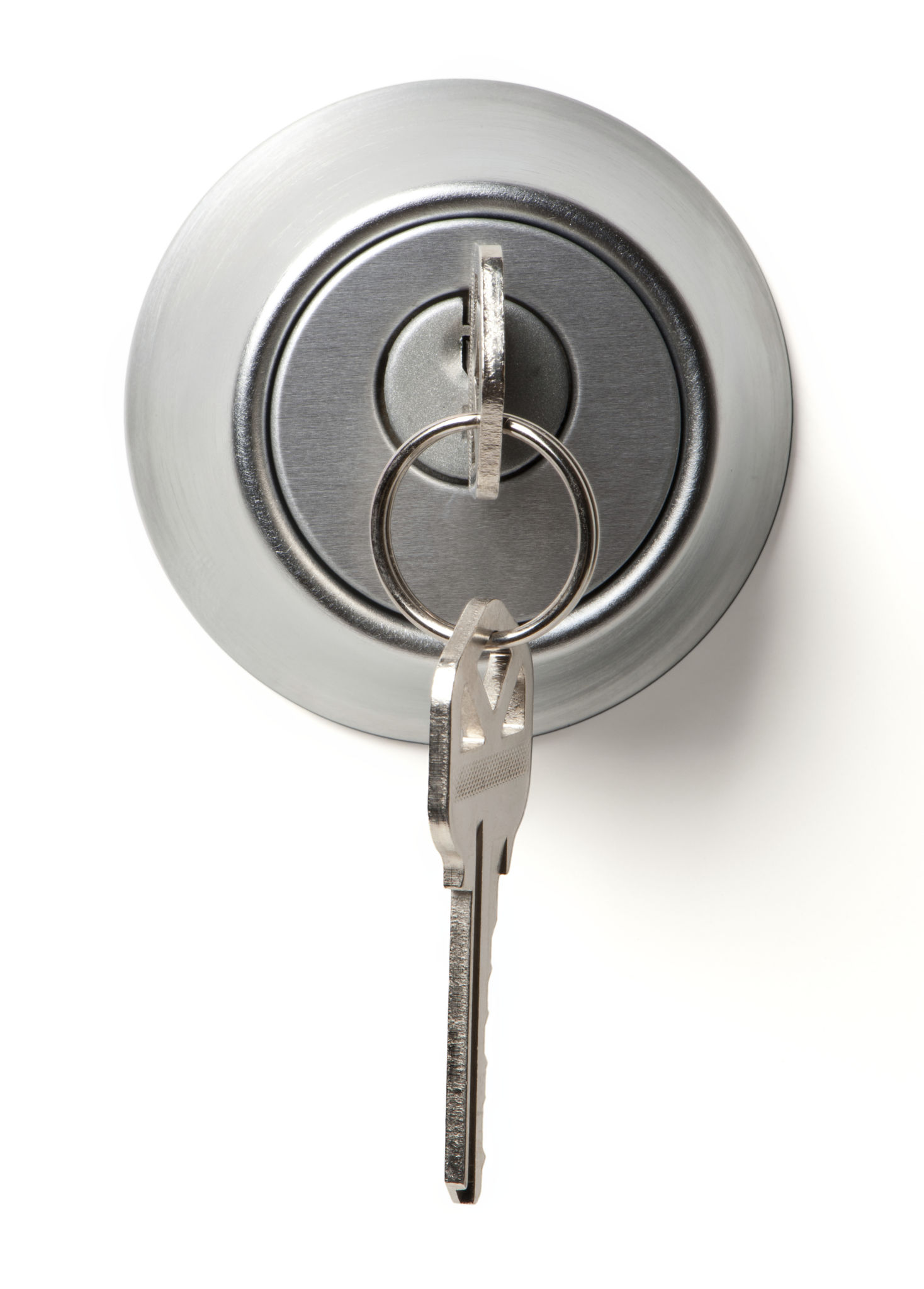Understanding the Different Types of Locks and Keys
Introduction to Locks and Keys
Locks and keys have been essential tools for security and privacy for centuries. From ancient times to modern technology, they have evolved significantly, offering various options for different needs. Understanding the different types of locks and keys can help you choose the right security solution for your home, office, or personal belongings.

Mechanical Locks
Pin Tumbler Locks
One of the most common types of mechanical locks is the pin tumbler lock. These locks use a set of pins that prevent the lock from opening unless the correct key is inserted. The key has notches that lift the pins to the right height, allowing the lock to turn and open. Pin tumbler locks are widely used in residential and commercial settings due to their reliability and ease of use.
Wafer Tumbler Locks
Wafer tumbler locks are similar to pin tumbler locks but use flat wafers instead of cylindrical pins. These locks are often found in vehicles and cabinets. While not as secure as pin tumbler locks, they offer a lightweight and cost-effective solution for less sensitive applications.

Electronic Locks
Keypad Locks
Keypad locks have gained popularity due to their convenience and enhanced security features. These locks use a numerical code entered on a keypad to unlock. The absence of a physical key eliminates the risk of key duplication. Keypad locks are ideal for offices and homes where multiple users need access.
Smart Locks
Smart locks represent the future of locking technology. They can be controlled via smartphones, voice assistants, or even biometric data such as fingerprints. Smart locks offer a high level of convenience and security, allowing you to monitor access remotely and receive alerts about lock activity. They are perfect for tech-savvy individuals seeking seamless integration with smart home systems.

High-Security Locks
Deadbolt Locks
Deadbolt locks provide one of the highest levels of security among mechanical locks. Unlike spring bolt locks, deadbolts require manual operation to lock and unlock, making them more resistant to forced entry. They are ideal for exterior doors and are often used in combination with other lock types for enhanced protection.
Mortise Locks
Mortise locks are known for their durability and strength. Installed within the door itself, these locks are commonly used in commercial buildings and high-security residential applications. Mortise locks offer a combination of aesthetic appeal and robust security, making them a preferred choice for many.

Conclusion
Understanding the different types of locks and keys allows you to make informed decisions about securing your property. Whether you prefer traditional mechanical locks or cutting-edge electronic solutions, ensuring that you choose the right type can provide peace of mind and enhance your safety. Always consider your specific needs and consult with security professionals if necessary to find the best locking solution for your situation.
